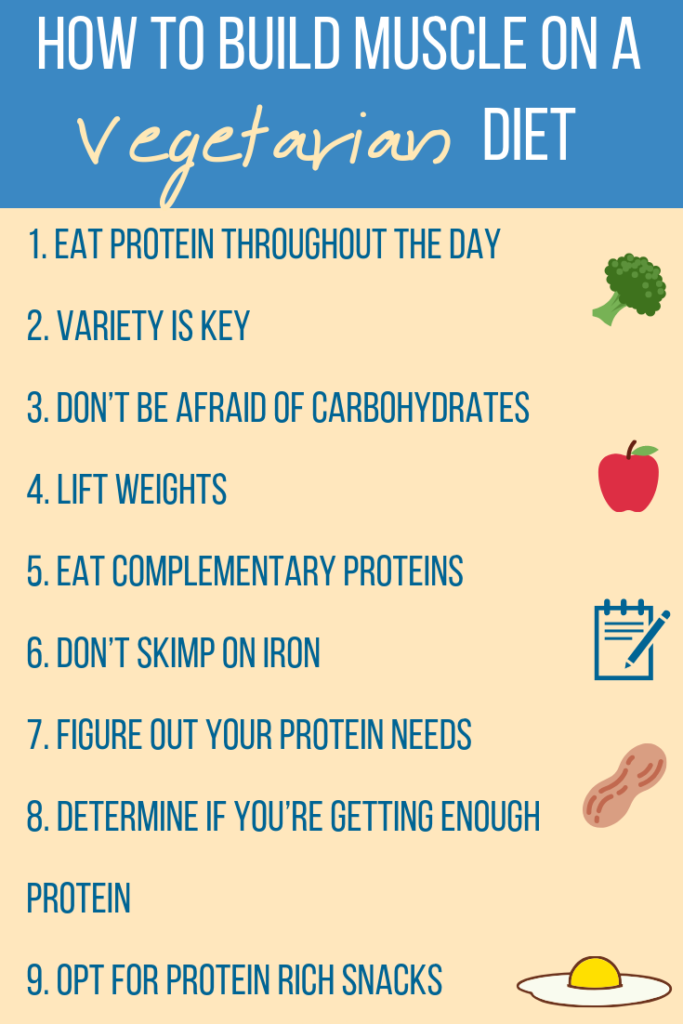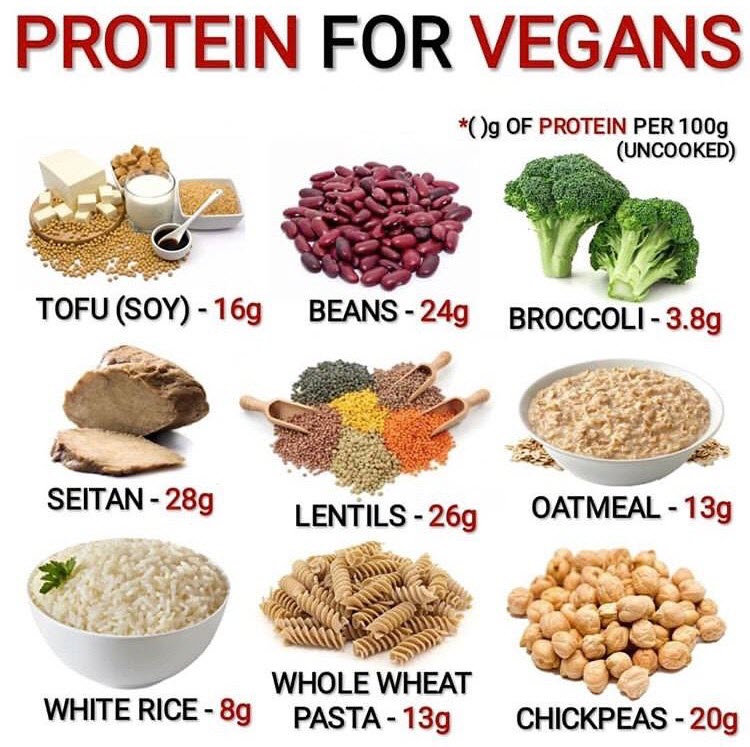How to Build Muscle on a Vegetarian Diet
Ten years ago, a plant-based bodybuilder would be considered an oxymoron by many. For decades now, we have learned that to build big muscles you need to eat meat and lots of it, right? Well, times are changing and people are realizing that, for a plethora of reasons, they want to eat fewer animal-based foods.
Many people are confused because ideas around building muscle and being strong center on getting enough protein. But there are many ways to intake protein without eating animals and doctors have confirmed that we do not need as much protein as the media portrays.
There are many facets of nutrition that hold completely true for even plant-based athletes. In many ways, we are just adapting what we already know works to build muscle and shed fat, and making it plant-based.

There are some key things to take into consideration when following a plant-based diet, including adequate protein, carbohydrate balance, DHA and EPA and Vitamin B12. Let’s take a closer look at these key nutrition factors and how they pertain to people who want to eat plant based.
In a 2015 study, pea protein promoted muscle growth in a double-blind study comparable to whey. In another study published in Nutrition Journal in 2013, rice protein was found to be associated with increased power, strength, and body composition comparable to whey protein. More and more, the science is showing that plant proteins definitely stack up against the animal counterparts in terms of building muscle and strength.
If you are new to following a plant-based diet, you might not realize that many vegetables, legumes, and grains contain good levels of protein. For instance, beans contain a fair amount of protein along with slow digesting carbs and fiber. Lentils, for example, are 27% protein by calorie and 1 cup contains 63% of your daily fiber. And, green leafy vegetables are, on average, 40% protein by calorie and are loaded with micronutrients. One bunch of kale contains about 12g of protein. These numbers may not seem like much protein for one meal, but during the course of an entire day (or multiple protein sources in one meal), these small amounts of protein add up. There are also foods such as nutritional yeast, which boasts 6g of protein per 2 tablespoons and loads of B vitamins. And of course, we all love peanut butter which also contains 6g of protein per 2 tablespoons.

Consuming protein from a variety of sources will help you to get a range of nutrients in your daily diet. For example, If you eat a bowl of oatmeal with walnuts and a glass of almond milk at breakfast, a black bean burrito for lunch, and a salad with hemp seeds, tofu, and a hard-boiled egg for dinner. You will be very surprised to know that this meal will give you almost 60 grams of protein. Further, if you use peanut butter sandwich then it will also help you to contribute. So we can say that this amount of protein will meet your needs of 150 pounds to build the body mass.
Regardless of how much protein you consume, you may struggle to build muscle without lifting weights. It is important to incorporate a workout regimen and stick to it so you see bodily changes and muscle definition. It is completely possible to gain muscle on a vegetarian diet, you just have to know the facts.
